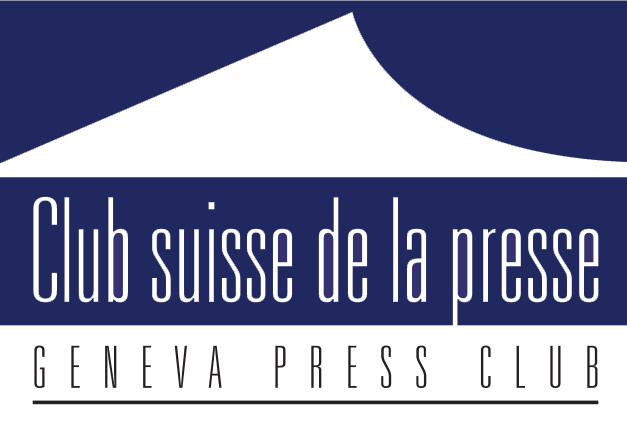International Conference on ‘Recognition of 1971 Bangladesh Genocide’ Screening of the Documentary Film ‘War Crimes 1971
International Conference on ‘Recognition of 1971 Bangladesh Genocide’ Screening of the Documentary Film ‘War Crimes 1971
Read full report of the event here
Organized by :
European Bangladesh Forumin collaboration with: Switzerland Human Rights Commission Bangladesh, Geneva
www.ebforum.eu / info@ebforum.eu
PROGRAM
Registration & Lunch (13:30-14:30)
1st Session (14:30-15:40) – Geneva Time
Welcome address : Mr Bikash Chowdhury, President EBF, The Netherlands
Screening of Doc Film – ‘War Crimes 1971’
Chair – Dr. Mojibur Doftori, Senior Researcher, writer and human rights activist, Finland
Dr. Rayhan Rashid, Trustee, International Crimes Strategy Forum (ICSF), UK- « Genocide Recognition: Navigating its Meaning Between Law and Politics »
Mr. Harry van Bommel, former MP, Socialist Party, The Netherlands – ‘’The time is right for recognition’’
Mr. Brando Benifei, MEP (Member of the European Parliament) Brussels (via on-line)
Ms. Debarati Guha, Director, Programs for Asia | Programming, Deutsche Welle (DW), Germany-’Genocide and Mass Violence in Asia, some examples’
(Coffee/Tea- No break but participants can take tea/coffee from inside the hall)
2nd Session (15:40-16:40) – Geneva Time
Mr. Asief Munier, Member of 1971 Genocide Family, Bangladesh- “1971 Bangladesh Genocide-A Forgotten Issue”
Ms. Rushanara Ali, MP (Member of Parliament), Labour Party, UK
Mr. Rob Vreeken, Journalist & Writer, Correspondent, De Volkskrant, Istanbul, Turkey- ‘’The G Paradox”
Prof Dr. Anthonie Holslag, Vrije Universiteit Amsterdam (VU Amsterdam), Netherlands- ‘’Genocide different than Crimes Against Humanity or War Crime: The Case of Bangladesh’’
Mr M Nazrul Islam, President, All European Awami Lague, Vienna, Austria
Mr. Munir Mengal
Mr. Sardar Shaukat Ali Kashmiri
Q & A Session (16:40-17:00) – Geneva Time
Way Forward: Ansar Ahmed Ullah, President, EBF UK
Thanks: Mr Khalilur Rahman, President, Switzerland Human Rights Commission Bangladesh, Geneva
Background & Justification: The 1971 Genocide in Bangladesh perpetrated by the Pakistan military and their local collaborators is one of the worst mass atrocities that the world witnessed in the 20th century. The Pakistani occupation army in 9 months killed approximately 3 million people, violated over two hundred thousand women and forced 10 million people to cross the border and take shelter in India. This number of people killed by the Pakistani Army is the highest in such a short period The 1971 Genocide by the Pakistan Army is well documented and reported in the international media and also in the diplomatic correspondences during that period.
The world media including The Telegraph, The Times, The Sunday Times, The New York Times and several news agencies reported the massacre of the Bengalis by the Pakistan Army. The story of the massacre of the fateful night of 25 March 1971 was highlighted in the international news media. The Pakistan Army committed systematic and organized rape as a special weapon of war. Young girls and women were abducted and repeatedly raped and gang-raped in special camps run by the Army near Army barracks (Rounaq Jahan, Genocide in Bangladesh). The Pakistani Army under a blue print systematically killed the intellectuals and professionals of Bangladesh, apart from the mass killing.
Urgent need for UN Resolution: Without further delay, there needs to be an UN-sponsored Resolution condemnation against the Pakistanis. Then perpetrators must be brought to justice. The new generation must know what treatment was meted out to Bangladeshi people who deserve to enjoy equal human rights.
Unfortunately, Bangladesh GENOCIDE has today become a forgotten chapter in the history and we know the common phrase, ‘Justice delayed, justice denied’.
Lack of international recognition of the 1971 GENOCIDE: Due to lack of international recognition, the history of that horror, Genocide has become faded in the world context today. We feel that the 1971 GENOCIDE should be recognised to give justice to the victims of the atrocities meted out by the Pakistan Army and its political leadership and their local Bangladeshi collaborators.
